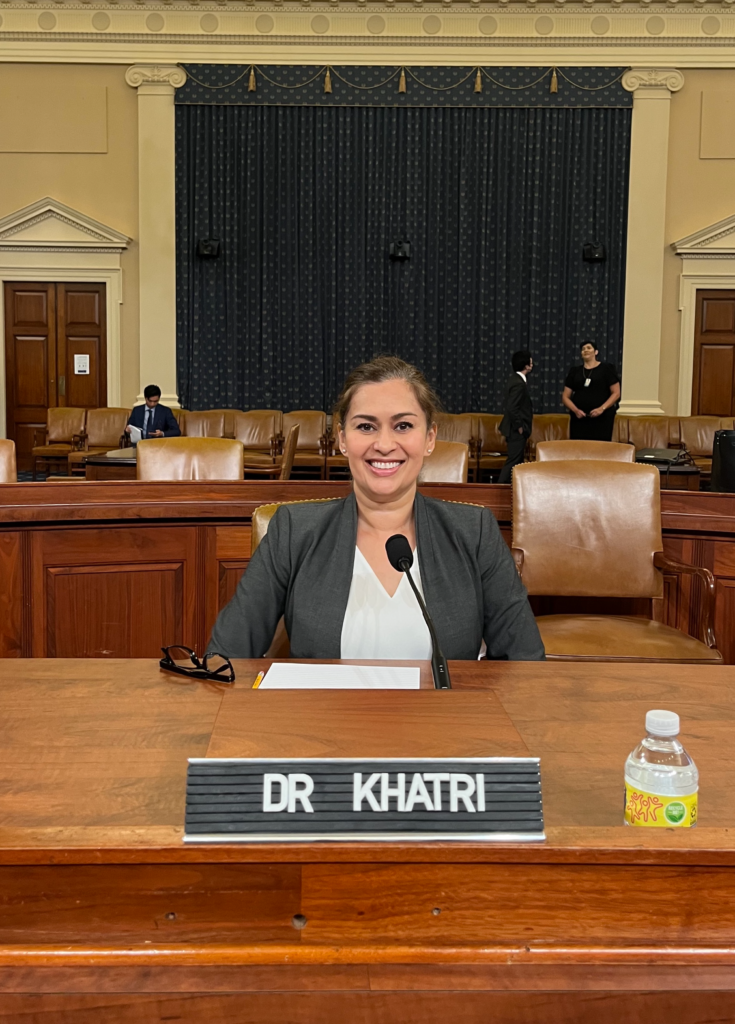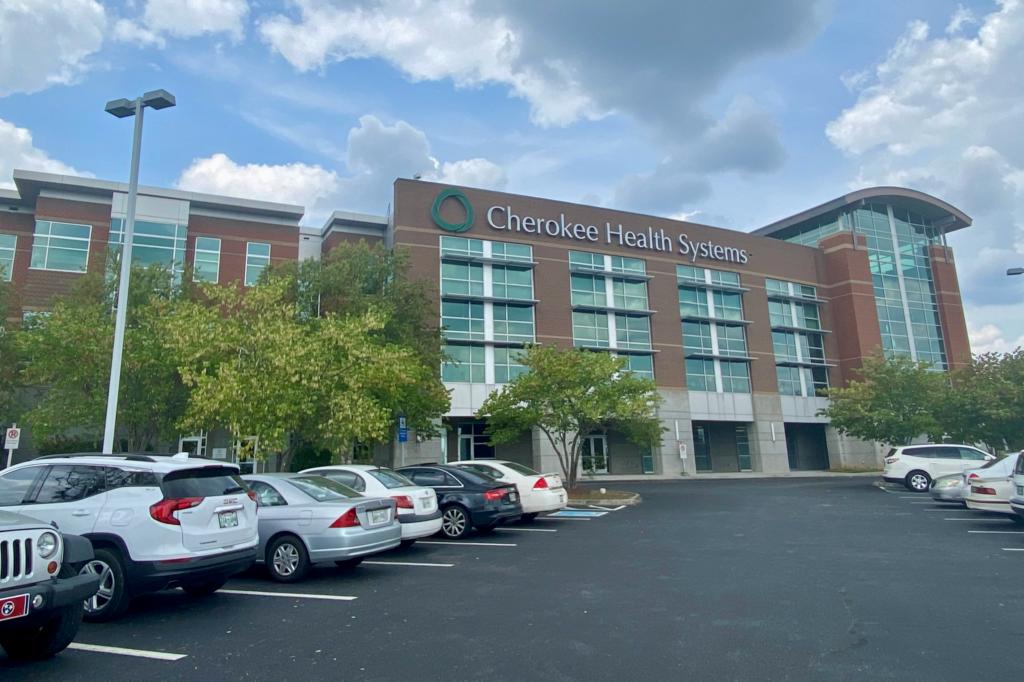The latest hurricanes to hit Puerto Rico and Florida remind us of the devastation hurricanes of years past have left on the nation’s health system time and time again. Health centers serving the most underserved populations across the U.S. are – yet again – facing disruptions to their operations due to flooding, tornados, and heat waves. Additionally, studies show climate change causes long-term health problems.

Thankfully, Congress is shedding light on this critical issue. The U.S. House Ways and Means Committee’s recent hearing “Preparing America’s Health Care Infrastructure for the Climate Crisis” heard testimonies from a distinguished group of healthcare leaders, including Cherokee Health Systems’ CEO Dr. Khatri, who serves on Advocates for Community Health’s Board of Directors.

Cherokee Health Systems provides integrated primary care, behavioral health, dental, and optometry services to almost 70,000 people in 13 counties across the state of Tennessee. Dr. Khatri spoke about the impact of climate events on Cherokee’s day to day operations; testifying that her pediatric clinic in Knoxville shut down for 10 days this summer due to overworked HVAC systems as just one example.
“Our HVAC systems were designed to cool the air 20 degrees during a three-month summer. Now they must run constantly for six months and in 100+ degree weather. We see about 100 children a day in that clinic. During this closure, 1,000 children could not come for their healthcare appointments, including newborn babies who needed their first medical check-up and toddlers who needed an evaluation for autism,” said Dr. Khatri. But she’s not alone in this struggle, 1,400 community health centers in every state and territory are grappling with unique regional climate challenges while caring for 30 million people every year.
When asked by Congresswoman Terri Sewell about telehealth and barriers to access in underrepresented communities, Dr. Khatri spoke to Tennessee’s agricultural community, including people who will not eat if their crops fail. She highlighted that telehealth saved her community during the pandemic, especially in rural areas and in particular, the immunocompromised patients who could not come to the clinic.
“Beyond the infrastructure improvements, we also must dedicate staff time to plan for, react to and recover from these types of events. On behalf of the community healthcare system, I ask Congress to increase funding to support our underlying infrastructure and preparedness work,” said Dr. Khatri.
We commend Committee on Ways and Means Chair Richard E. Neal for leading this important hearing and look forward to continuing the conversation with Congress to address climate change and emergency preparedness, a key policy priority for ACH.
Read “Health Care and the Climate Crisis: Preparing America’s Health Care Infrastructure” to see an overview of the role the U.S health system plays in the climate crisis and how your organization can take steps to mitigate the impact of climate change.